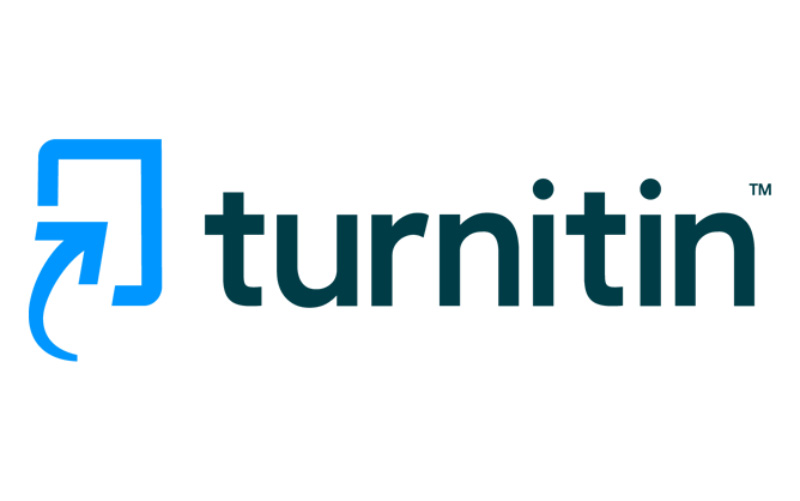Journal ANALISIS PENVEMARAN NAMA BAIK DAN PENYALAHGUNAAN KEBEBASAN BEREKSPRESI DI JEJARING SOSIAL
PENCEMARAN NAMA BAIK
Abstract
Social networks have become an integral part of modern life, facilitating communication, interaction and expression of individuals globally. However, the use of social networks also carries risks in the form of spreading content that damages reputations and abuse of freedom of expression. Analysis of defamation and abuse of freedom of expression on social networks is an important topic in this context. This research uses a qualitative approach by collecting data from various social networking platforms, including case studies involving reputation-damaging content and abuse of freedom of expression. Analysis is carried out using a conceptual framework that identifies behavioral patterns, motivations and the impact of the abuse. The research results show that defamation on social networks can have a serious impact on individuals and organizations. Reputational damaging content can spread quickly and create a negative image that is difficult to erase. Meanwhile, abuse of freedom of expression is often driven by motivations such as political, economic or personal interests, resulting in intense and sometimes toxic debates. This analysis underscores the importance of managing and monitoring content on social networks. These platforms need to adopt stricter policies against abuse and reputation-damaging content, while still respecting freedom of expression. Additionally, individuals also need to increase their digital literacy to recognize and respond wisely to reputation-damaging content. Awareness of potential risks in social networks must increase, and joint efforts from users, platforms and governments are needed to create a safer and healthier online environment. In this way, we can harness the positive potential of social networks while maintaining the good name and integrity of individuals and society.
References
Indriani, F. (2016). Tinjauan Yuridis Tindak Pencemaran Nama Baik Melalui Media Sosial Berdasarkan Pasal 27 Ayat (3) Undang-Undang Nomor 11 Tahun 2008 Tentang Informasi dan Transaksi Elektronik Dikaitkan dengan Kebebasan Berpendapat (Doctoral dissertation, Riau University).
RADITYA, I. K. P. P. (2021). PENCEMARAN NAMA BAIK DAN PENYALAHGUNAAN HAK KEBEBASAN BERPENDAPAT DI MEDIA SOSIAL (Doctoral dissertation, Universitas Mahasaraswati Denpasar).
Muhlizar, M., Purba, N., & Sihombing, D. B. (2023). Analisis Yuridis Pencemaran Nama Baik Di Media Sosial Menurut Undang-Undang No 11 Tahun 2008 TTG Informasi Dan Transaksi Elektronik Studi Putusan NO 884/PID. SUS/2020/PN-MDN. Media Informasi Penelitian Kabupaten Semarang, 5(1), 208-212.
Nadha, P. D. (2016). Tinjauan Yuridis Terhadap Tindak Pidana Pencemaran Nama Baik Melalui Media Sosial Menurut Ketentuan Undang–Undang Nomor 11 Tahun 2008 Tentang Informasi Dan Transaksi Elektronik.
Nariswari, A. F. (2022). AKIBAT PASAL 27 AYAT (3) UNDANG-UNDANG NOMOR 19 TAHUN 2016 TENTANG PERUBAHAN ATAS UNDANGUNDANG NOMOR 11 TAHUN 2008 TENTANG INFORMASI DAN TRANSAKSI ELEKTRONIK MENGENAI PENCEMARAN NAMA BAIK TERHADAP HAK KEBEBASAN BERPENDAPAT (Doctoral dissertation, FAKULTAS HUKUM UNIVERSITAS PASUNDAN).
Copyright (c) 2025 Agies Noor Mahardika

This work is licensed under a Creative Commons Attribution-NonCommercial 4.0 International License.
Authors whose manuscript is published will approve the following provisions:
-
The right to publication of all journal material published on the AKTUAL JUSTICE journal website is held by the editorial board with the author's knowledge (moral rights remain the property of the author).
-
The formal legal provisions for access to digital articles of this electronic journal are subject to the terms of the Creative Commons Attribution-ShareAlike (CC BY-SA) license, which means Jurnal of AKTUAL JUSTICE reserves the right to store, modify the format, administer in the database, maintain and publish articles without requesting permission from the Author as long as it keeps the Author's name as the owner of Copyright.
-
Printed and electronically published manuscripts are open access for educational, research, and library purposes. In addition to these objectives, the editorial board shall not be liable for violations of copyright law.









1.png)

